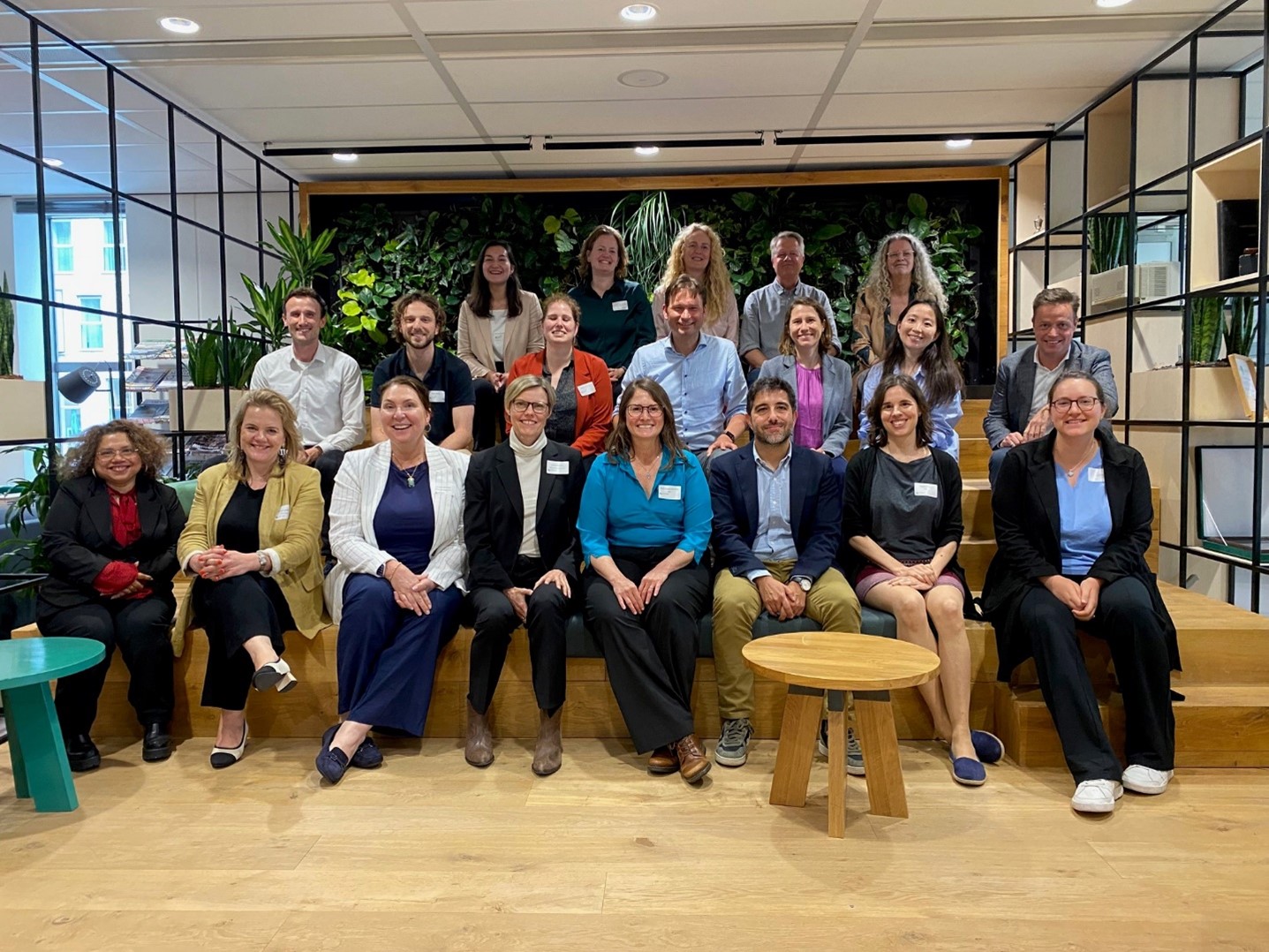A unique Public Private Partnership was launched to estimate the financial impact of biodiversity loss and determine the most important measures to recover biodiversity.
Wageningen, The Netherlands: A groundbreaking Public-Private Partnership (PPP) has been launched to assess biodiversity-related risks and opportunities for the financial sector. Wageningen University and Research (WUR) researchers led by Wageningen Economic Research and the Foundation for Sustainable Development (FSD) together with six private partners from the financial sector, namely Allianz Group, APG, Commerzbank, ING, ORTEC Finance and Deloitte with both Deloitte Risk Advisory BV Netherland and the Deloitte Sustainability & Climate GmbH Germany as lead private partner, will develop a state-of-the-art methodology for biodiversity impact assessments.
Why us, and why now?
The 'Biodiversity Related Risks and Opportunities to the Financial Sector' project is a groundbreaking initiative addressing a critical gap in biodiversity financing. Now, more than ever, the financial sector needs robust tools to understand and mitigate the impacts of biodiversity loss. This PPP's unique approach aligns science-based future biodiversity and financial scenarios, utilizing advanced economic modelling techniques to provide comprehensive monetary estimates of biodiversity effects on the economy at the country and sector levels.
Wageningen University and Research (WUR) brings long-standing expertise in integrating science-based future scenarios with economic impacts, offering detailed insights into how biodiversity loss affects various sectors. This project stands out by delivering these insights and developing an additional, comprehensive dataset on possible abatement and restoration measures and their cost-effectiveness.
By working closely with financial industry stakeholders (FIS), this PPP ensures that the developed data and methodologies are scientifically rigorous and practically applicable. This Public-Private Partnership is uniquely positioned to drive significant change in how the financial industry perceives and responds to biodiversity related risks and opportunities, making this initiative both timely and essential.
Why this Public-Private Partnership (PPP)?
According to Johnson et al. (2021), the ongoing loss of essential ecosystem services provided by biodiversity could result in a 0.67% annual reduction in global GDP until 2050, equivalent to approximately 479 billion US dollars per year. Moreover, there is an estimated biodiversity financing gap of US$ 598-824 billion per year. Bridging this gap necessitates a partnership between the public and private financial sectors.
This PPP project plays a crucial role in establishing such a partnership by providing location and sector-specific monetary figures on:
- Sectoral and country-level economic effects of biodiversity loss to assess the impact and risks of the financial sector.
- Measures to abate and restore biodiversity loss, with a specific emphasis on assessing cost-effectiveness and providing investment estimates to accelerate strategic opportunities.
This collaboration aims to address the most significant ecosystem services, sectors, and specific major countries for the private sector.
In order to build a resilient financial sector and effectively finance the adaptation to and mitigation of biodiversity loss, it is essential to have location and sector-specific quantities and monetary figures. With Deloitte and the participating FIS, the research finds direct applicability to standard FIS risk, market, strategy and reporting processes. With the help of Deloitte, financial institutions will be able to use the results to fulfil regulatory and market requirements as well as make strategic investment decisions for banking and asset management in the future. The project will close current gaps in available data, scenarios and assessment methodologies to build a state-of-the-art framework for the financial industry.
Project Impact along the Kunming-Montreal Global Biodiversity Framework:
The project is initiated in response to the Kunming-Montreal Global Biodiversity Framework, agreed upon in December 2022. This framework sets ambitious targets for biodiversity conservation, restoration and adaptation. Specifically, this project aligns with targets 15, 18, and 19 of the Biodiversity Plan (former GBF):
- Target 15: Build the capacity of companies to report and disclose their impacts on biodiversity.
- Target 18: Redirect and eliminate harmful subsidies and incentives that contribute to biodiversity loss.
- Target 19: Address the biodiversity financing gap by mobilizing financial resources from all sources.
Furthermore, this project responds to the goals of the Corporate Sustainability Reporting Directive (CSRD), which entered into force on 5 January 2023. This directive modernizes and strengthens the rules concerning the social and environmental information that companies have to report. EU law now requires all large and listed companies to disclose information on the risks and opportunities arising from social and environmental issues, as well as the impact of their activities on people and the environment.
Dr. Haki Pamuk, the scientific lead of the project at WUR, emphasized, "The financial sector needs to quantify biodiversity-related risks and opportunities like what has been done for climate change. This requires the development of a model and data platform, including quantified/monetary estimates for the risks related to ecosystem services loss, as well as costs and benefits of abatement measures."
"To serve the demand of supervisors, regulators, investors, and the public, science-based biodiversity data and scenarios need to quickly be integrated into current risk and stress test, strategy, market and reporting processes of financial service institutions. I am excited about the data and scenario contribution this consortium will create at the intersection of NGFS, SBTN and TNFD, and am looking forward to leveraging our long-standing track record of operationalizing sustainability for the credible, fast and easy integration of material biodiversity impacts into standard financial service institutions’ processes”, adds Dr. Nicole Röttmer, FSI methodology lead of the project at Deloitte.
